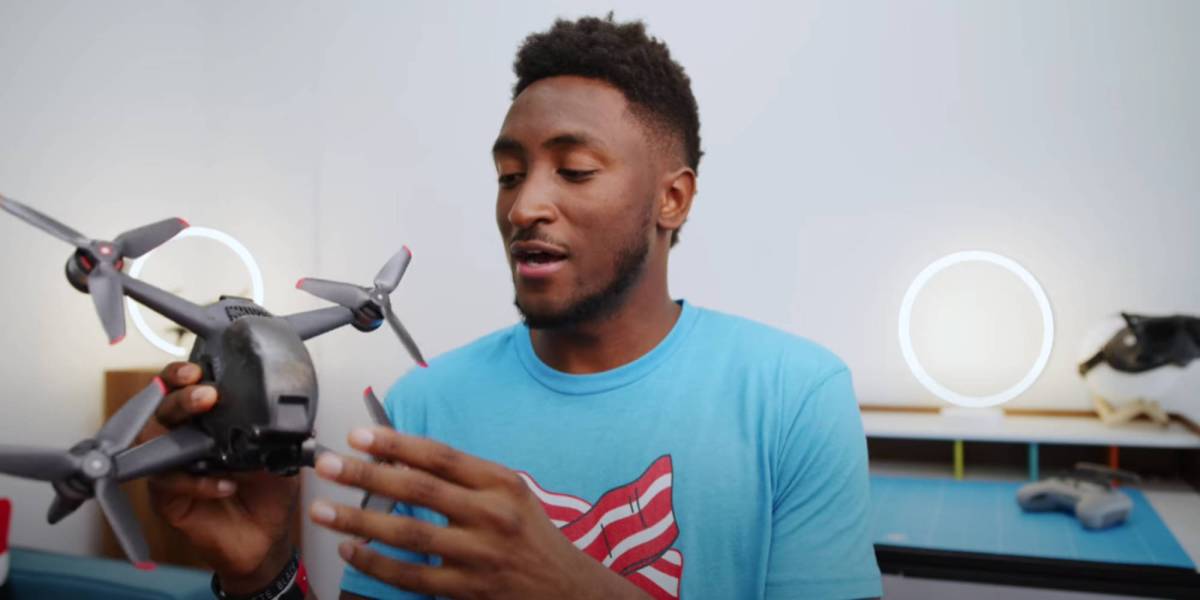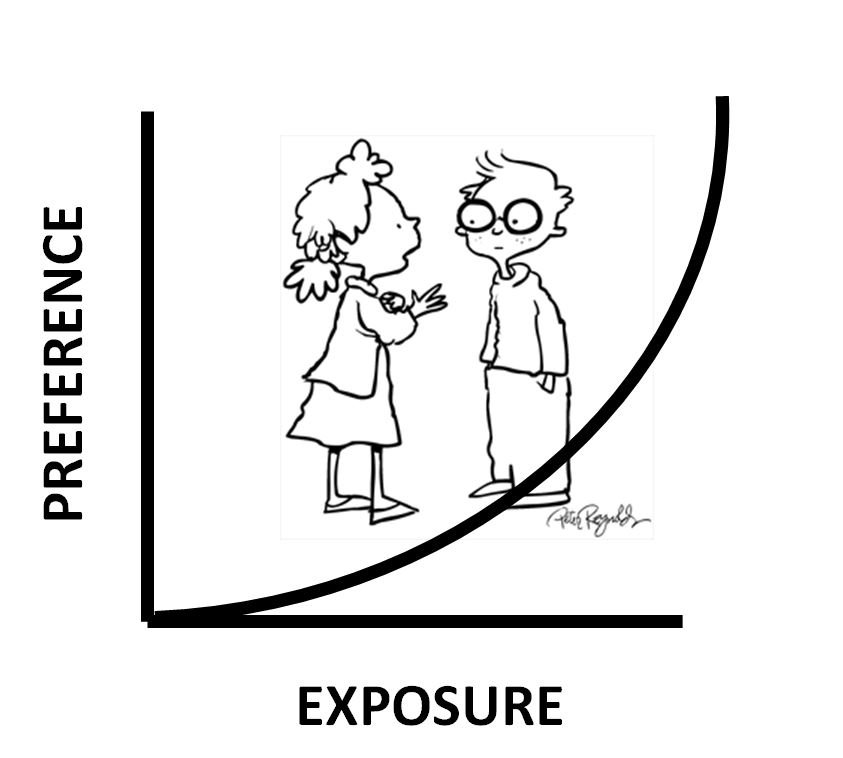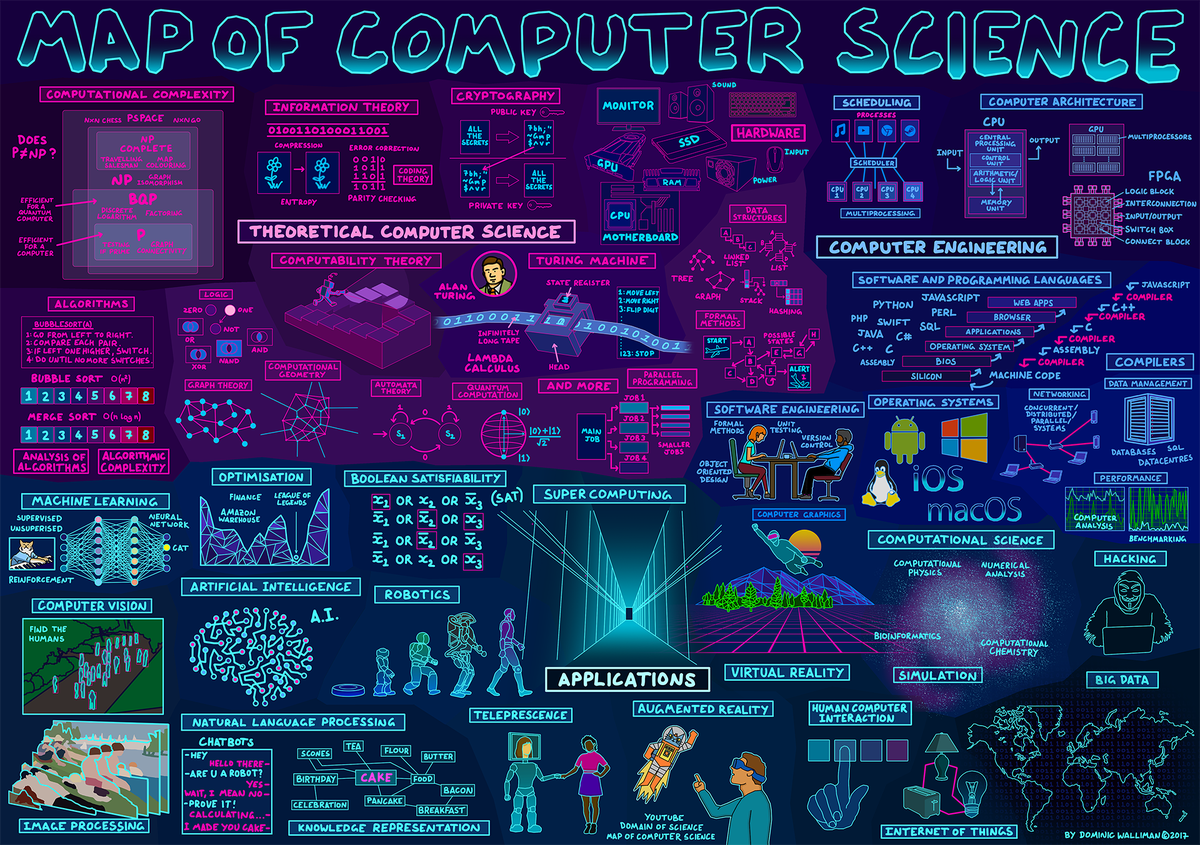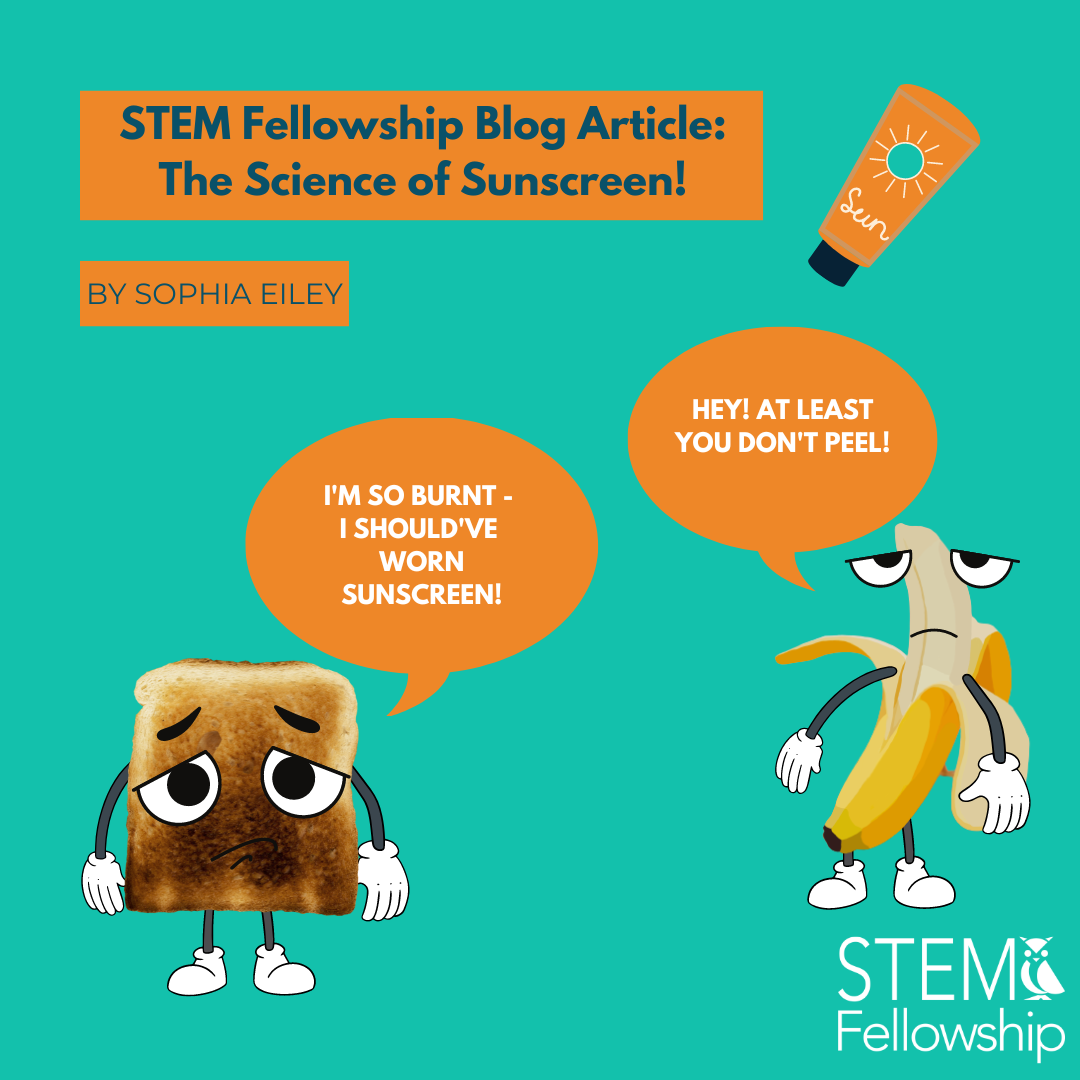By Rosemary Gong
A moment many of us know all too well is opening Youtube to watch just one video… then another, and another… until far-too-many-videos-in, we finally manage to turn our phones off, reflecting over our precious time wasted. But depending on what it is you’re consuming, it could just be that watching Youtube videos is actually a productive activity. When it comes to learning STEM, studies suggest that watching STEM-related videos can actually enhance our knowledge of the subject.
A 2017 article on STEM exposure outside of school found a sizeable amount of research suggesting that informal experiences with STEM, such as visiting museums, libraries and aquariums (and in our case, watching STEM videos), can actually “strengthen and enrich school STEM learning by reinforcing scientific concepts and practices introduced during the school day.”
Out-of-school experiences can also help us build an appreciation for STEM, and start to think about their applications in the real world. Why?
For one, think about the last time you watched a really good movie. Now, what if suddenly you were asked to write a report on all the literary techniques used in it? You would probably enjoy it a lot less; vice versa, without the pressure or expectation of learning anything, we just might enjoy our STEM experiences more.
The second reason is backed by a psychological phenomenon known as Mere-Exposure Theory, which states that the more we are exposed to something, the more we start to like it. Here’s a fun graph that depicts this relationship:
Image Souce: https://www.conversion-uplift.co.uk/glossary-of-conversion-marketing/mere-exposure-effect/
Further, whether we’re reading, watching, or talking about STEM, repeated exposure will help us develop more affinity to it.
Youtube’s design fits nicely with this model, as its algorithm picks up on what we watch, and recommends more videos like it to us. This creates a positive feedback loop, in which the more we watch, the more we get, and the more we enjoy it… and so on.
So, what?
Okay, so does that mean we should be watching math tutorials in our free time? If that’s something you find enjoyable, by all means—but there are numerous channels out there that explore STEM in a non-instructional way that both entertains and teaches us new things.
In fact, here are just a few:
Koranos
Key Words: Planetary Science
A relatively new channel, Koranos has a handful of movie-like animations that explore iconic questions in planetary sciences and more. For you Star Trek fans, check out their video: What If We Terraformed The Moon?
Kurzgesagt – In a Nutshell
Key Words: Astronomy, Physics, Biology, Climate Change, Technology
Kurzgesagt videos are made in a similar animation-style to Koranos, but explores all realms of science and even technology. From the human body to black holes, they’ve got all your curiosities covered. In lieu of Mark Zuckerburg’s recent announcement on the Metaverse, check out: Can You Upload Your Mind & Live Forever?
Zach Star
Key Words: Physics, Engineering, Mathematics
Zach Star posts all sorts of videos on nuanced topics in physics, engineering, and mathematics. He talks about these topics much more casually compared to Koranos and Kurzgasagt, but breaks them down in a lot more depth for those who are deeply interested. Looking for a fun one to get started? Check out: Could you avoid being hit by a laser if you were in a room of mirrors?
Veritasium
Key Words: Physics, Astronomy, Mathematics
Sitting at 10.7M subscribers, we’ve probably all come across his videos once or twice before. Veritasium videos come in all forms and focus mainly on physics, astronomy and mathematics, answering questions most of us never even thought to ask. One that will have you thinking is his video on quantum mechanics: Parallel Worlds Probably Exist. Here’s Why
DoS – Domain of Science
Key Words: Physics, Quantum Physics, Astronomy, Mathematics
Hosted by Dominic Walliman, a PhD experimental quantum physicist, DoS will take you on a trip around all sorts of physics and calculus, even touching on computer science once or twice. A unique feature of this channel is that Walliman often posts “maps” on a certain topic, breaking down each component of that topic for a comprehensive understanding. One of our favourites breaks the Big Bang down into subatomic particles: The Big Bang is Probably Not What You Think It Is.
Everyday Astronaut
Key Words: Aerospace, Engineering
In this channel, the Everyday Astronaut, Tim Dodd, reviews various new advancements in aerospace technology, specifically those that go out into space. He does this similar to a reaction channel, displaying videos from external sources while adding his own commentary throughout. In his most recent series, Dodd takes us on a tour of SpaceX accompanied by Elon Musk himself—check out Part 1 here: Starbase Tour with Elon Musk [PART 1]
Real Science
Key Words: Animal Biology, Cellular Biology, Environment
Real Science is perfect for all the biology-lovers out there, exploring everything from bees to viruses. These videos are captivating and information-packed, so that even when entertained, you’ll be sure to learn a whole lot. As a farewell to the winter season, here is How Arctic Frogs Survive Being Frozen Alive.
Technology Connections
Key Words: Technology, Chemistry
Ever wondered how basic technology, such as light bulbs and photographs, actually work? On Technology Connections, Alec Watson explores a variety of topics like these and breaks them down for the everyday viewer. This is great for those interested in things like electrical engineering or even chemistry—to see what we mean, take a look at The Birth of Photography: Drawing With Light (and silver iodide).
Marques Brownlee

At 15M subscribers, you’ve likely heard of Marques before—but if you haven’t, you’re in for a treat. A much more modern take on technology than in Technology Connections, Marques reviews all the new phones, cars, computers, and other gadgets. He even has a video with Bill Gates, which you can watch here: Talking Tech and 2020 with Bill Gates!
These are just a few of the countless channels out there on STEM-related topics, and if you end up down a rabbit hole exploring them all, you can rest assured that you’ll be learning a lot in the process. Ultimately, we hope this article gives you a bit of insight on how you can be productive about your screen time and use it as a tool, rather than a hindrance, in furthering your STEM education.
Rosemary is a senior in high school in West Vancouver, BC. She has interests all throughout STEM, including astronomy, solar energy, and biological evolution. Outside of school, she loves to get involved in community initiatives, such as planning fundraisers and working with seniors. Aside from that, you’ll probably find her painting!
Works Cited
Colgan, Lynda. “Science in the Home Boosts Children’s Academic Success.” The Conversation, 13 Nov. 2017, theconversation.com/science-in-the-home-boosts-childrens-academic-success-86668.
“Why Do We Prefer Things That We Are Familiar with?” The Decision Lab, thedecisionlab.com/biases/mere-exposure-effect/#:~:text=What%20is%20the%20Mere%20Exposure,known%20as%20the%20familiarity%20principle.















